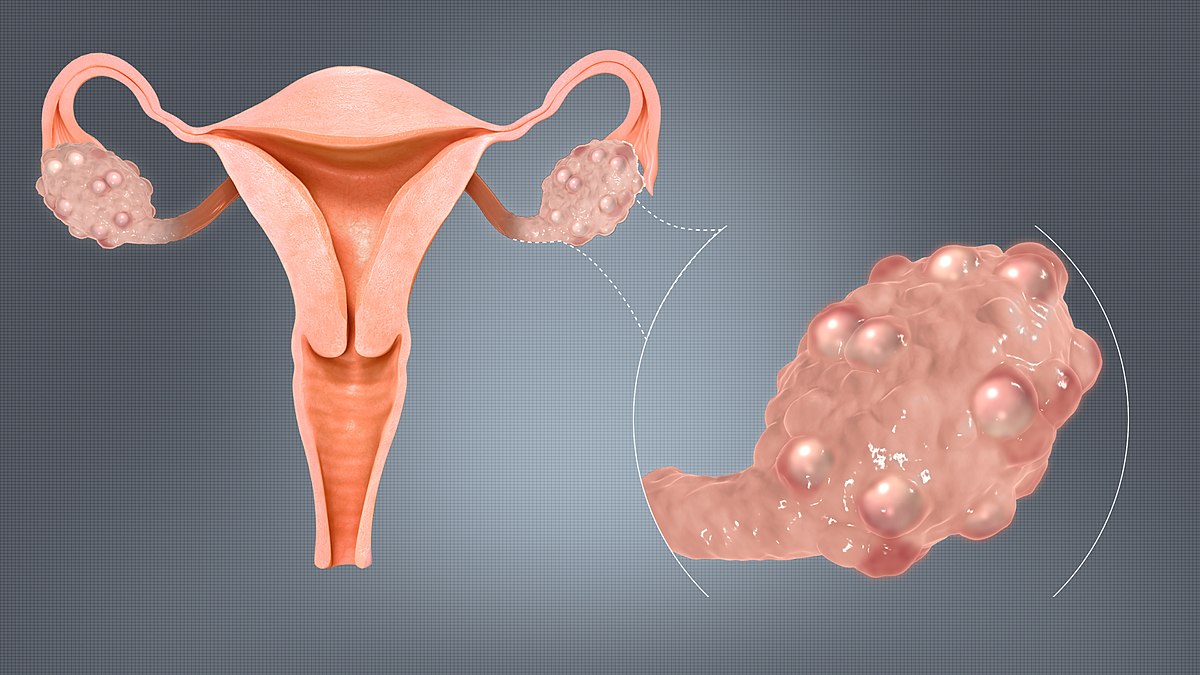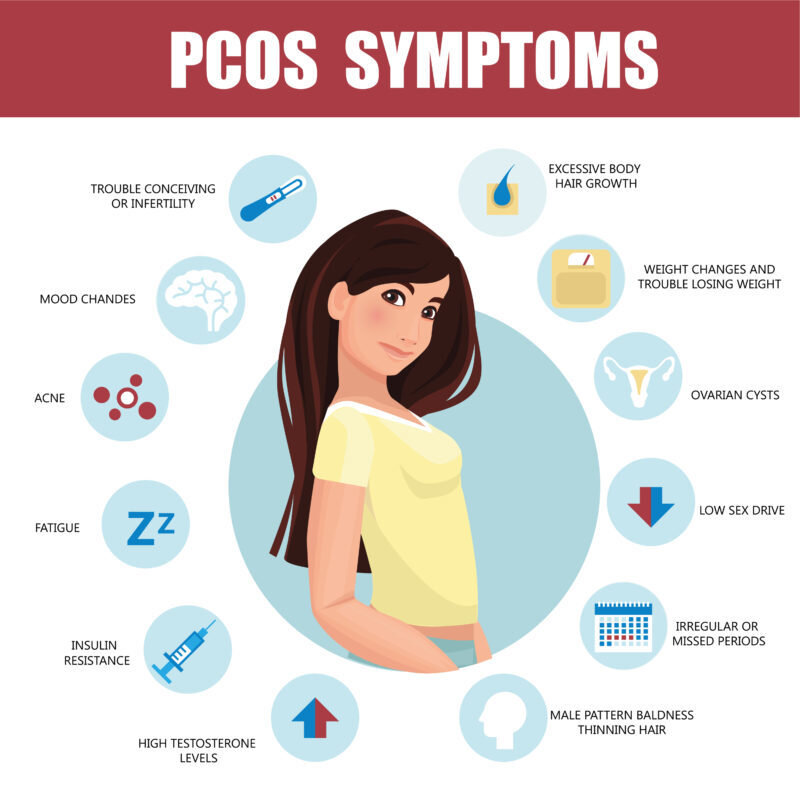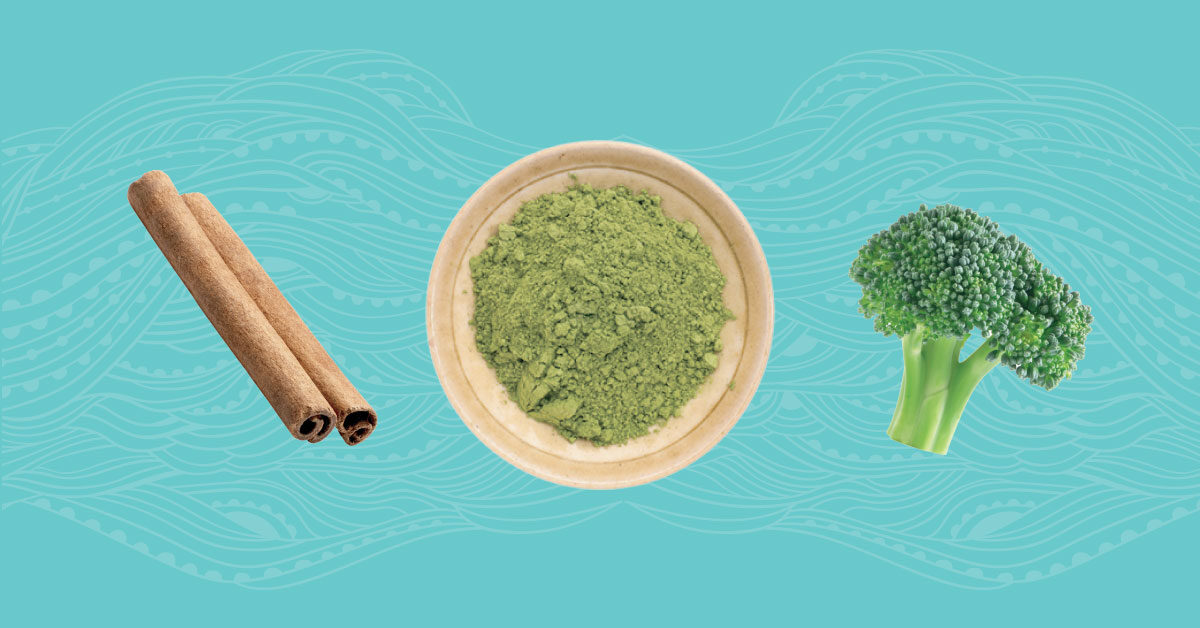How to Cure PCOS Permanently? – Effective Methods

PCOS is a hormonal disorder that affects up to 10% of women of reproductive age. It can cause infertility, irregular periods, and excessive hair growth. PCOS is also a leading cause of obesity in women. While there is no one definitive cure for PCOS, there are several treatments that can help control the symptoms. In this article, we will explore the various treatments available for PCOS and how to go about finding the best treatment for you.
Table of Contents
What are the Causes of PCOS?
There are many possible causes of polycystic ovarian syndrome, such as:
1) Hormonal Imbalances
The most common cause of polycystic ovarian syndrome is an imbalance of reproductive hormones. This can be due to a variety of reasons, such as irregularities in the levels of certain pituitary hormones, problems with the function of the adrenal gland, or insulin resistance.
2) Heredity
PCOS can also be passed down from generation to generation. If your mother or grandmother had the condition, you’re more likely to develop it as well.
3) Obesity
Being overweight or obese is another common risk factor for polycystic ovarian syndrome. This is because excess body fat can lead to insulin resistance, which can in turn cause hormonal imbalances.
4) Stress
Stressful life events, such as a divorce or the death of a loved one, can also trigger PCOS. This is because stress can lead to hormonal imbalances and disturb the normal functioning of the ovaries.
What are the Symptoms of Polycystic Ovarian Syndrome?
PCOS can cause a wide variety of symptoms, including:
1) Irregular Periods
One of the most common symptoms of PCOS is irregular periods. Women with PCOS may have fewer than nine periods in a year, or they may skip periods altogether.
2) Infertility
The polycystic ovarian syndrome can also make it difficult to become pregnant. This is because the condition can cause a disruption in the normal ovulation cycle.
3) Excess Hair Growth
Many women with PCOS also experience excess hair growth on the face, chest, and back. This is due to an imbalance of reproductive hormones.
4) Weight Gain
PCOS can also cause weight gain. This is because the condition can lead to insulin resistance, which can in turn cause the body to store more fat.
5) Acne
Acne may break out on the face and body due to PCOS. This is due to an imbalance of reproductive hormones.
How is PCOS Diagnosed?
Polycystic ovarian syndrome can be diagnosed with a physical exam, a pelvic ultrasound, and blood tests. Your doctor will also ask about your medical history and your symptoms. The doctor may also recommend that you see a fertility specialist if you’re having difficulty becoming pregnant.
How is Polycystic Ovarian Syndrome Cured?
There is no cure for polycystic ovarian syndrome, but there are treatments that can help manage the symptoms. These include:
1) Birth Control Pills
Birth control pills can help regulate the hormones involved in the condition. This can help to manage symptoms such as irregular periods and excess hair growth. Such
pills usually contain synthetic forms of the hormones estrogen and progesterone.
2) Anti-Androgens
Anti-androgens are drugs that can block the effects of testosterone. This can help to reduce symptoms such as excess hair growth and acne. The anti-androgens typically used to treat PCOS include spironolactone and flutamide.
3) Metformin
Metformin is a drug that can help to improve insulin sensitivity. This can in turn help to regulate the hormones involved in the condition. Metformin is typically used in women who are overweight or obese.
4) Medications for Healthy Hormone Levels
There are several medications that can help to regulate the hormones involved in PCOS. These include clomiphene, gonadotropins, and letrozole. Doctors also suggest Ovasitol as a nutritional supplement for women with PCOS.
5) Surgery
In some cases, surgery may be recommended to remove the ovaries or the fallopian tubes. This is typically only done in severe cases of the condition.
Home Remedies to Treat PCOS
There are several home remedies that can help to treat the symptoms of PCOS. These include:
1) Diet
Eating a healthy diet is important for managing the symptoms of PCOS. Foods that are high in fiber and low in sugar can help to regulate blood sugar levels. This can in turn help to regulate the hormones involved in the condition.
2) Exercise
Getting regular exercise is also important for managing PCOS. Exercise can help to improve insulin sensitivity and regulate the hormones involved in the condition.
3) Herbal Supplements
There are several herbal supplements that can help to treat PCOS. These include chasteberry, saw palmetto, and licorice root.
4) Stress Management
Managing stress can also help to treat the symptoms of PCOS. This is because stress can trigger hormone imbalances. Stress-reducing techniques such as yoga, meditation, and aromatherapy can be helpful.
The Verdict
Women with PCOS often suffer from a number of symptoms that can be both physically and emotionally debilitating. Nowadays, there are a number of treatments available that can help to manage the symptoms of PCOS. If you think you may be suffering from PCOS, it’s important to see your doctor for a diagnosis.











